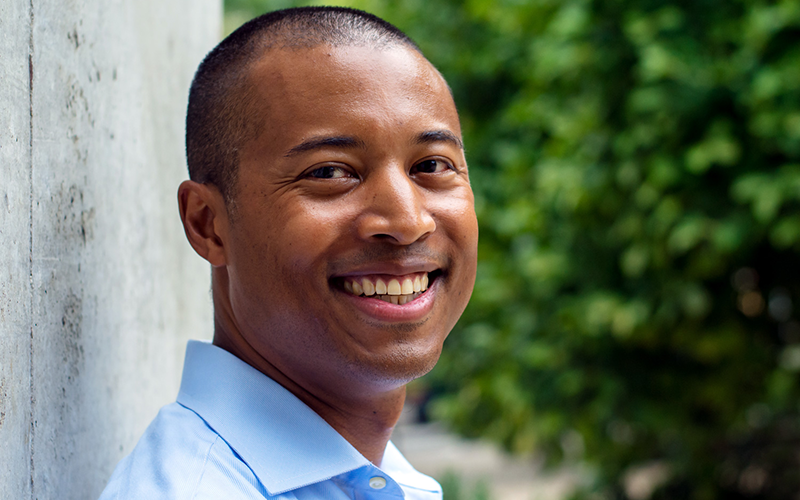How can online platforms be held accountable for not doing enough to remove harmful content? Alix Guerrier and GlobalGiving have a plan.

Courtesy Alix Guerrier
What is the biggest challenge for digital civil society?
ALIX GUERRIER: Empathy. Having empathy for others is difficult in any case, but it seems to be a particular challenge for digital society, when our evolution-honed natural empathetic tendencies are blunted by digital distance. The empathy gap can easily be seen in how vitriolic online political discourse can be, but other trends—online bullying and harassment and internet mob justice for example—also illustrate the dangers. In the early days of online communities there were “flame wars,” sometimes funny, often engrossing. But even at the time they showed potential for having serious negative impact on people’s lives. This challenge is directly tied to a tantalizing possibility—what if the scaling power of digital tools were harnessed to magnify empathy itself?
What is GlobalGiving doing to meet this challenge?
How can online platforms create real value for their constituents? “If a dilemma that could have been foreseen catches a platform by surprise, that is a failure of leadership,” writes GlobalGiving’s Alix Guerrier. His solution? Say hello to Ethos.
ALIX GUERRIER: We launched an initiative that was originally called “The Neutrality Paradox;” this was an attempt to work with partners to investigate and ultimately try to solve a category of dilemma we found ourselves facing repeatedly. These were situations in which we had to make a decision about what would be allowed on our giving platform where there was no obvious “right” answer, and where our terms of service didn’t seem to provide sufficient guidance. Through this work, we have been working on a solution, “Ethos,” which we are testing with others and planning to publish with Creative Commons licenses for others to use and build upon. Ethos has empathy at its core, and includes tools specifically designed to support online platforms in thinking through the needs and perspectives of diverse stakeholders.
What excites you the most about what others in civil society are doing to meet this challenge?
ALIX GUERRIER: This may not seem obvious but I think immediately of Black Lives Matter. The name of this movement itself is a statement of empathy, with power in how simple and obvious the assertion is. After years of controversy, the movement is still controversial but we’ve seen a marked increase in the number and diversity of people who seem to embrace the underlying idea. I’m excited about the continued growth of this movement and the extension of empathy, not only to the idea that Black people have the same right to a safe existence that others have, but also to the acknowledgement that it is non-trivial work for non-Black supporters to learn how best to support the movement.
